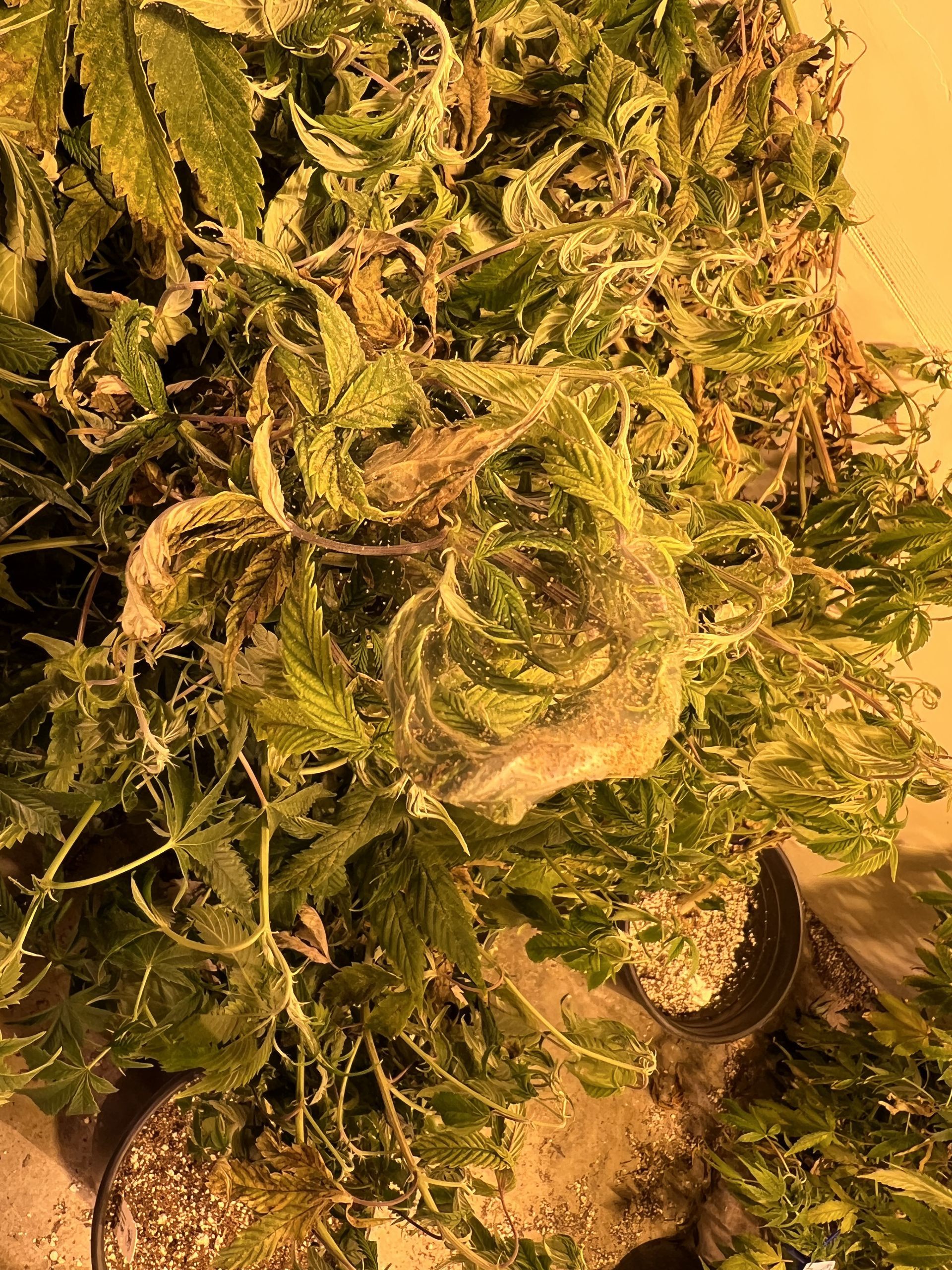The Evolution of Hemp Firms in the U.S.: From Annealing to Disruption
The Evolution of Hemp Firms in the U.S.: From Annealing to Disruption
The legalization of hemp production in the United States, particularly following the 2018 Farm Bill, marked a significant turning point for the agricultural and commercial landscapes. The years 2017-2018 were pivotal, characterized by a surge in hemp cultivation and the establishment of numerous hemp firms. This blog post delves into the annealing and disruption phases of hemp firms across the nation, highlighting the factors that contributed to the success of some firms while others faltered. We will also explore long-term business strategies for hemp firms and how Terra Vita Holdings can support your business in navigating this evolving industry.
The Annealing Phase: Establishment and Growth
The annealing phase in the context of hemp firms refers to the initial period of establishment and growth. This phase was marked by:Rapid Increase in Hemp Cultivation: The 2018 Farm Bill legalized hemp production, leading to a dramatic increase in hemp acreage. For instance, U.S. industrial hemp acreage reported by state pilot programs soared from zero in 2013 to over 90,000 acres in 2018.
Market Excitement and Investment: The potential for high returns on hemp-derived products, particularly CBD, attracted significant investment. Farmers and entrepreneurs were eager to capitalize on the burgeoning market, often driven by eye-popping prices and the promise of substantial profits.
The Disruption Phase: Market Realities and Challenges
However, the initial enthusiasm was soon tempered by market realities, leading to what can be termed the disruption phase. This phase was characterized by:Market Saturation: The rapid increase in hemp production led to an oversupply, causing prices to plummet. For example, prices for hemp CBD biomass declined by 79% between spring 2019 and spring 2020.
Financial Struggles:
Many firms faced financial difficulties due to the sudden market downturn. High-profile companies like GenCanna and Elemental Processing went bankrupt, unable to meet their financial obligations to farmers and other stakeholders.
Regulatory and Compliance Challenges: The evolving regulatory landscape added to the uncertainty. Different states had varying regulations, and the lack of consistent federal guidelines made it difficult for firms to navigate compliance issues.
Successful Firms: What Set Them Apart?
Despite the challenges, some hemp firms managed to thrive. The success of these firms can be attributed to several key factors:
- Diversification: Successful firms diversified their product offerings beyond CBD. They explored opportunities in hemp fiber, seeds, and other industrial applications, reducing their reliance on a single market segment.
- Strong Business Models: Firms with robust business models that included strategic partnerships, efficient supply chains, and effective marketing strategies were better positioned to weather market fluctuations16
- Regulatory Compliance: Companies that proactively addressed regulatory requirements and maintained high standards of compliance were able to build trust with consumers and regulators alike.
Long-Term Business Strategy for Hemp Firms
For hemp firms looking to establish a sustainable presence in the market, adopting a long-term business strategy is crucial. Here are some key components of such a strategy:Market Research and Analysis: Continuously monitor market trends and consumer preferences. Understanding the demand for different hemp products can help firms make informed decisions about production and marketing.
- Innovation and Diversification: Invest in research and development to explore new applications for hemp. Diversifying product lines can mitigate risks associated with market saturation and price volatility.
- Sustainable Practices: Embrace sustainable farming and production practices. Consumers are increasingly valuing sustainability, and adopting eco-friendly practices can enhance a firm's reputation and marketability.
- Regulatory Compliance: Stay abreast of regulatory changes and ensure compliance with all relevant laws and guidelines. This not only avoids legal issues but also builds consumer trust.
- Strategic Partnerships: Form strategic partnerships with other firms, research institutions, and industry associations. Collaborations can provide access to new markets, technologies, and expertise.
How Terra Vita Holdings Can Help
At Terra Vita Holdings, we understand the complexities and challenges of the hemp industry. Our comprehensive consulting services are designed to help hemp firms navigate these challenges and achieve long-term success. Here's how we can support your business:
- Compliance and Regulatory Support: We provide expert guidance on regulatory compliance, ensuring that your operations meet all legal requirements.
- Market Analysis and Strategy: Our team conducts in-depth market analysis to help you understand market trends and identify growth opportunities.
- Sustainable Practices: We offer advice on sustainable farming and production practices, helping you enhance your environmental footprint and appeal to eco-conscious consumers.
- Business Development: From strategic partnerships to innovative product development, we assist you in building a robust business model that can withstand market fluctuations.
- Training and Education: Our training programs cover advanced cultivation techniques, compliance, and best practices, empowering your team with the knowledge and skills needed for success.
Contact us today to schedule a consultation and learn more about how we can help your hemp business thrive.
Contact Information:Email: Bradley@TerraVitaHoldings.com
Phone: 541-600-5252
Embark on your journey to success with Terra Vita Holdings. Let's unlock the full potential of your hemp business together.










